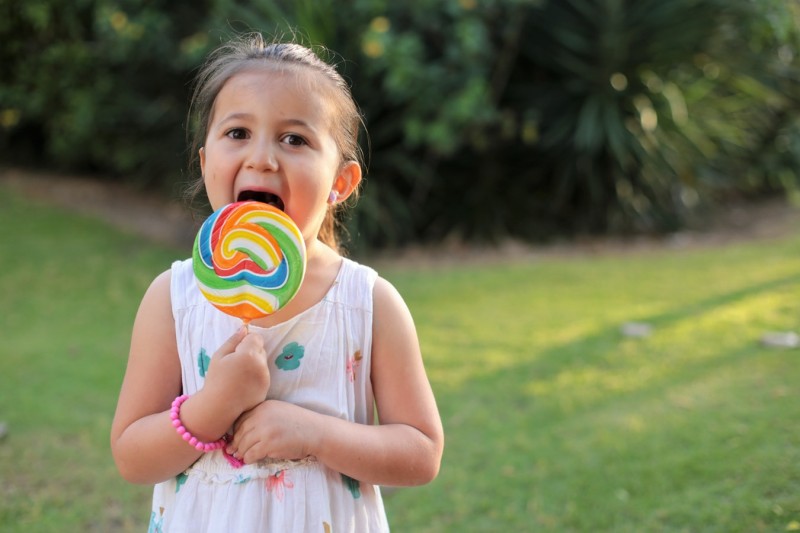
What is diabetes?
Diabetes is a disorder in which the body can no longer process blood sugar (glucose). This is because diabetics can no longer produce insulin, a hormone produced in the pancreas that aids in the regulation of glucose in the body. The glucose can therefore not be processed, depriving the body of energy for movement, growth and repair. High levels of glucose in your bloodstream can lead to damage to your vital organs. The exact cause of diabetes is unknown and there is no cure.
It is thought to be linked to:
- a genetic risk that pre-disposes people to develop diabetes
- an immune system reaction that attacks insulin-producing cells
- your pancreas not functioning properly because of the damage inflicted by your immune system
Insulin is a hormone produced in the pancreas. It is released into the blood stream when glucose levels rise, and enables the cells in our bodies to process the glucose and function. In children the main form of diabetes seen is Type 1 or insulin dependent diabetes. To stay alive, people with type 1 diabetes must have a constant supply of insulin through injections or an insulin pump. People with type 1 diabetes must be constantly prepared for potential hypoglycaemic (low blood sugar) and hyperglycaemic (high blood sugar) reactions, which can be life threatening. They test their blood sugar levels by pricking their fingers at least four times a day.
Diabetes is becoming more prevalent as children become increasingly overweight and are undertaking less physical activity. Diabetes presents many challenges for daily living, especially for children. This includes managing insulin injections, dealing with 'hypos' or low blood glucose levels and ensuring an adequate diet.
Symptoms of diabetes
Some signs of diabetes include:
- Excessive thirst
- Frequent urination
- Hunger
- Weight loss
- Fatigue
- Visual disturbances, such as blurred vision
- Itching skin, particularly around the genitals
- Nausea and vomiting
A child or teenager newly diagnosed with diabetes may feel a range of emotions ranging from shock to anger. Common concerns include:
- Anxiety related to having a new condition
- Fear of needles and daily injections
- The stigma of having a condition
- Embarrassment of telling friends about the condition
- Coping with the emotional reaction of family members
- Weight problems – eating conditions may exacerbate the condition, especially in girls
- Drugs - amphetamines accelerate the body's metabolism and cause a severe drop in blood sugar levels (hypoglycaemia)
- Alcohol – hypoglycaemia may result if unchecked
Managing diabetes
It is possible to manage the condition and lead a normal life. Parents should ensure children try follow these guidelines:
- Diet – a healthy normal diet is essential, and children should be encouraged to eat a wide variety of foods
- Blood glucose levels - controlling blood glucose levels is a balance between the carbohydrate foods that we eat, insulin doses and activity
- Eat regular meals and snacks that include carbohydrates and to try to have similar amounts of carbohydrates each day
- G.I. - try to include some low glycaemic foods in each meal and snack
- Sugar - limit the amount of food containing sugar, but some sugar is normal as part of a balanced diet
- Fats - limit the intake of saturated fats
- Labels - food labels will help you work out what to eat
- Regular exercise – this will ensure your body is conditioned properly
If you think you may have diabetes, or need help with a recently diagnosed child see your doctor or a dietitian as soon as possible.
Originally published on May 06, 2009








